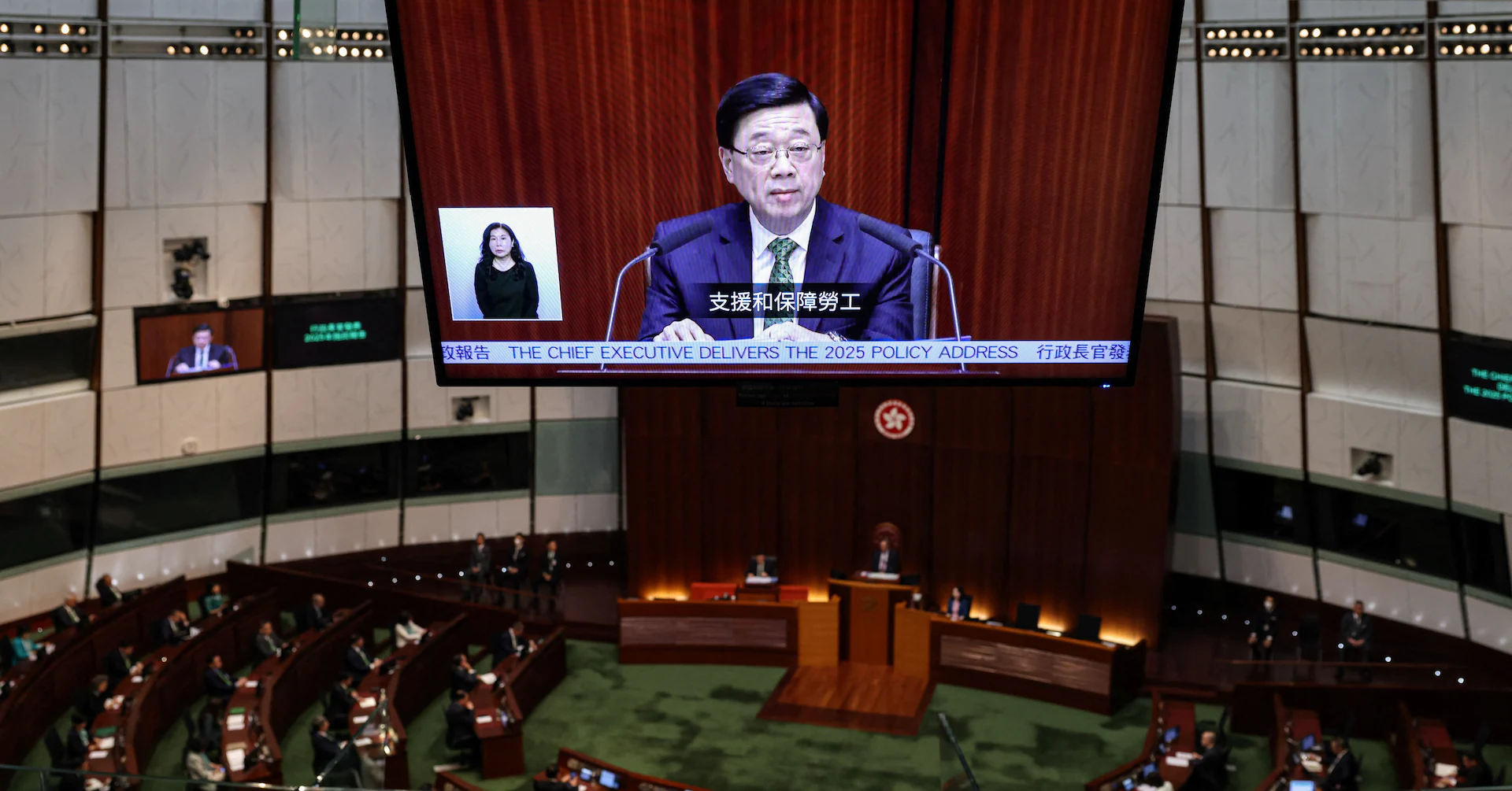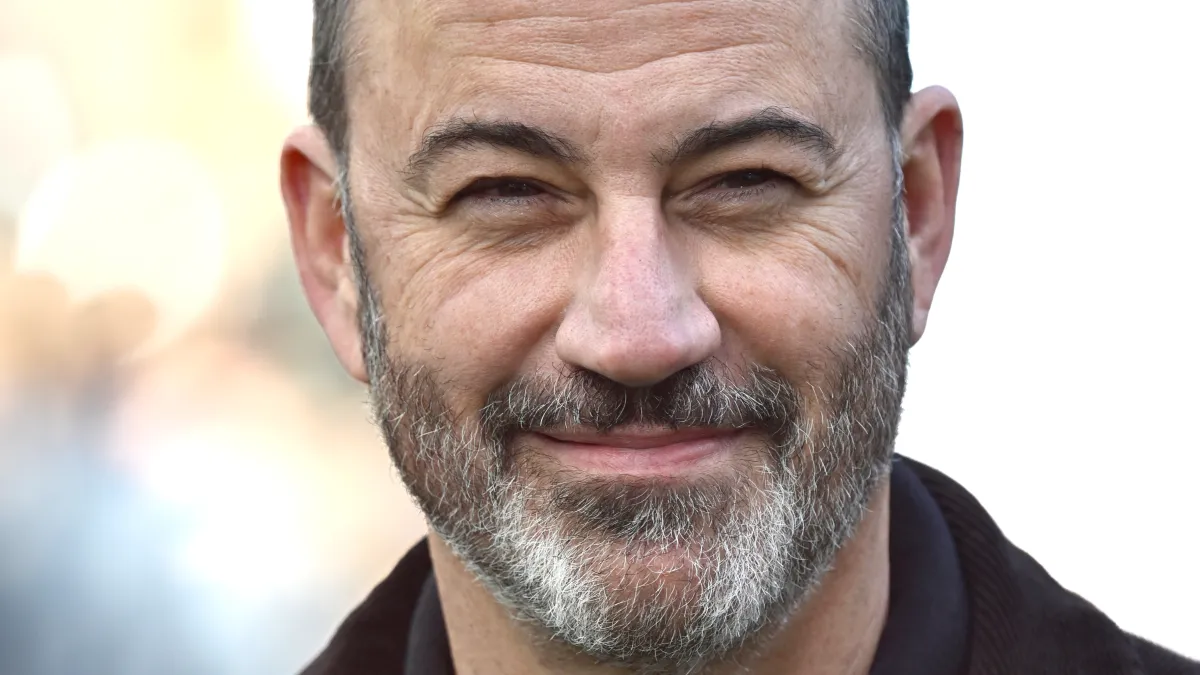By Emma Revell,Finnbarr Webster
Copyright cityam

There’s more to the Lib Dems than Ed Davey’s ridiculous stunts. If Nigel Farage wants to turn his polling lead into lasting power he would do well to learn from their effective ground game – as well as their mistakes, says Emma Revell
Reform UK is riding so high at the moment, pollsters might have to consider extending their Y-axis. I doubt therefore, that Nigel Farage is in the mood to take lessons from anyone about how to make his party a success – but perhaps he should heed some cautionary lessons from an unlikely source.
The Liberal Democrats got fewer votes than Reform at the last election – a 12.2 per cent vote share compared to 14.3 per cent – and their position in the polls has barely moved more than one percentage point in either direction since. Despite throwing himself into extra-curricular activities with the air of a sugar-fuelled eight-year old who has just arrived at their first ever Centerparcs, Ed Davey hasn’t been able to turn his party’s record 72 MPs into any sort of cut-through with voters or the media – even going so far as to complain to the BBC about the lack of coverage. But that doesn’t mean Farage couldn’t pick up a tip or two.
First, the Liberal Democrats have always excelled in their ground game. They have a decades-long and well-deserved reputation for targeting their activists better than almost anyone. This has historically worked best in by-elections – but turning a 0.7 per cent vote increase on 2019’s result into 64 new seats is nothing to be sniffed at.
Reform’s continued rise in popularity has, of course, driven a surge in membership, as anyone who attended their party conference in Birmingham a few weeks ago can attest. Farage and co should look to the Lib Dems and see how to translate interest into activism to create an enormous bank of volunteers who can put in the legwork leafleting, canvassing and getting out the vote, starting with local and national elections this coming May. The energy is definitely there, it just needs a little shaping.
Lib Dem lessons in what not to do
The Lib Dems can also offer lessons in what not to do. Tim Farron faced relentless scrutiny when he was leader – at a time when the party only had eight MPs – over whether he, as an evangelical Christian, thought that homosexuality was a sin. Farron didn’t have a simple, coherent answer the first time the question was asked and once he’d allowed confusion to set in, the genie couldn’t be put back in the bottle. Reform’s latest defector, Danny Kruger, is also an evangelical, socially conservative christian and, as the party’s home affairs spokesperson, stands a realistic chance of being the de facto shadow home secretary. Despite the fact Kruger is on record stating he has no issue with same-sex marriage, mischief-makers are already trying to tar him and Farage as bigots over the issue.
This particular example aside, being hit with a difficult question by the media is something all politicians should be aware of. Kruger is an experienced politician but many of Reform’s future candidates will be much less used to the cut and thrust of media scrutiny.
The third lesson Reform can take from the Lib Dems is how not to make policy. I wrote a fortnight ago that Reform are starting to take policy formation more seriously and we’ve seen a series of press conferences fleshing out their platform in various areas. Zia Yusuf has a formal ‘head of policy’ role and the Reform-aligned think tank Centre for a Better Britain is undoubtedly working behind the scenes to provide context for these new announcements.
The Lib Dems should be a cautionary tale. Party policy is proposed, debated, amended, and voted on at their party conferences. All of it. The leadership is bound to implement what the conference votes on and it isn’t unheard of for leadership-backed proposals to be rejected. Even the coalition agreement needed to be ratified at a special conference in 2010 after senior party figures had thrashed out the details with the Conservatives.
While I’m sure someone at Lib Dem HQ has the unofficial task of making sure nothing totally mad ends up being debated on the conference floor, that is far from an easy task and rogue amendments and speeches are excellent fodder for negative headlines. Reform already has a mechanism for members to vote on ideas at their conference, for consideration by the new party board, so perhaps they are working out a more solid path which allows input without flinging the door open to every idea out there.
If the last few years in politics have taught us anything, it’s that insurgent parties shouldn’t be underestimated. So if Farage wants to turn his current poll lead into lasting success – he should look beyond Ed Davey’s stunts and discern what he’s doing right – as well as what he’s getting wrong.
Emma Revell is external affairs director at the Centre for Policy Studies



